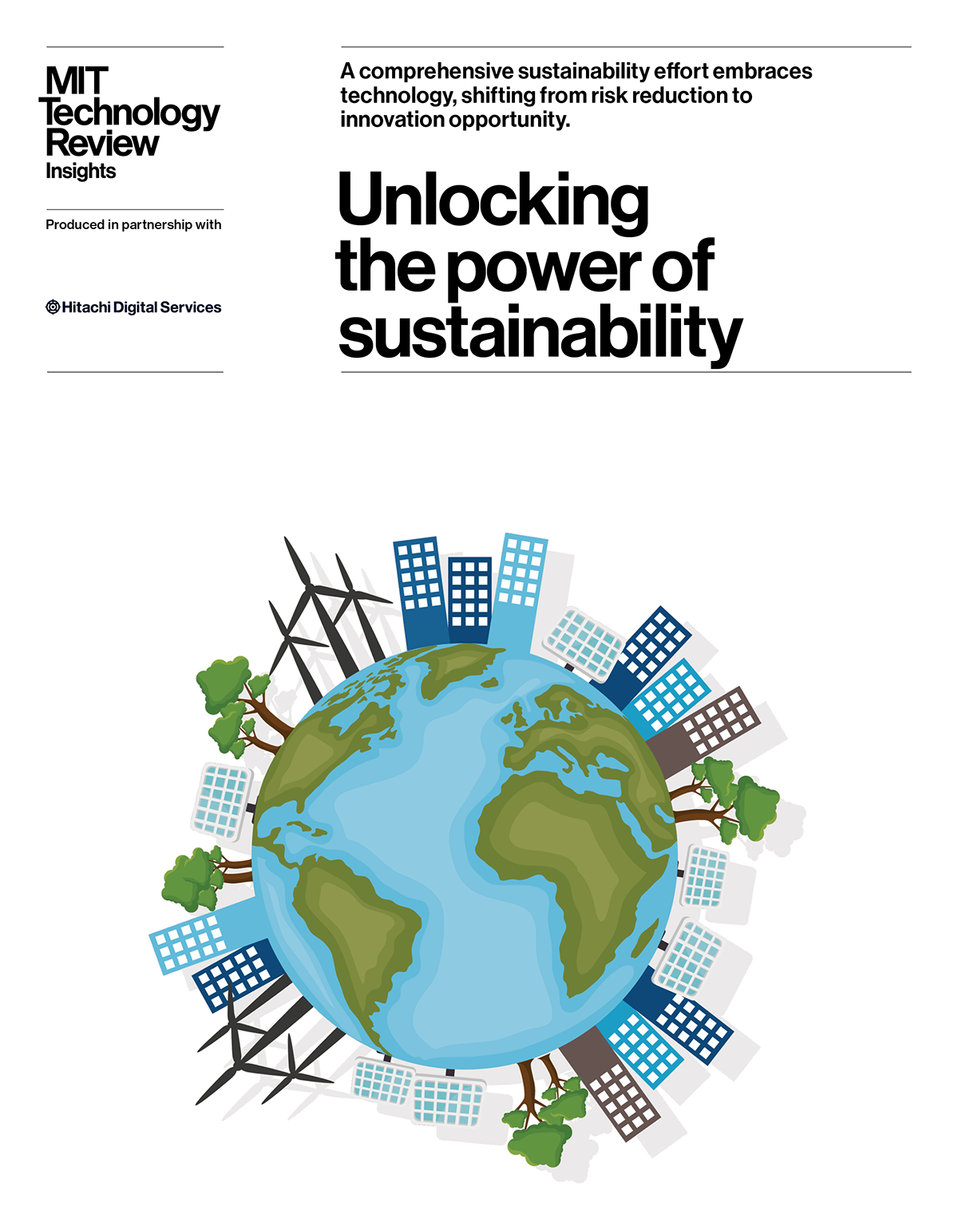Unlocking the power of sustainability
According to UN climate experts, 2023 was the warmest year on record. This puts the heat squarely on companies to accelerate their sustainability efforts. It's quite clear that the sense of urgency is increasing," says Jonas Bohlin, chief product officer for environmental, social, and governance (ESG) platform provider Position Green.

That pressure is coming from all directions. New regulations, such as the Corporate Sustainability Reporting Directive (CSDR) in the EU, require that companies publicly report on their sustainability efforts. Investors want to channel their money into green opportunities. Customers want to do business with environmentally responsible companies. And organizations' reputations for sustainability are playing a bigger role in attracting and retaining employees.
DOWNLOAD THE REPORTOn top of all these external pressures, there is also a significant business case for sustainability efforts. When companies conduct climate risk audits, for example, they are confronted with escalating threats to business continuity from extreme weather events such as floods, wildfires, and hurricanes, which are occurring with increasing frequency and severity.
Mitigating the risks associated with direct damage to facilities and assets, supply chain disruptions, and service outages very quickly becomes a high-priority issue of business resiliency and competitive advantage. A related concern is the impact of climate change on the availability of natural resources, such as water in drought-prone regions like the American Southwest.
Much more than carbonThe biggest misconception that people have is that sustainability is about carbon emissions," says Pablo Orvananos, global sustainability consulting lead at Hitachi Digital Services. That's what we call carbon tunnel vision. Sustainability is much more than carbon. It's a plethora of environmental issues and social issues, and companies need to focus on all of it."
Companies looking to act will find a great deal of complexity surrounding corporate sustainability efforts. Companies are responsible not only for their own emissions and fossil fuels usage (Scope 1), but also the sustainability efforts of their energy suppliers (Scope 2) and their supply chain partners (Scope 3). New regulations require organizations to look beyond just emissions. Companies must ask questions about a broad range of environmental and societal issues: Are supply chain partners sourcing raw materials in an environmentally conscious manner? Are they treating workers fairly?
Sustainability can't be siloed into one specific task, such as decarbonizing the data center. The only way to achieve sustainability is with a comprehensive, holistic approach, says Daniel Versace, an ESG research analyst at IDC. A siloed approach to ESG is an approach that's bound to fail," he adds.
This content was produced by Insights, the custom content arm of MIT Technology Review. It was not written by MIT Technology Review's editorial staff.